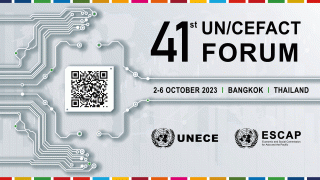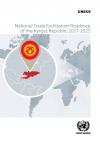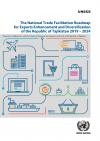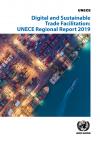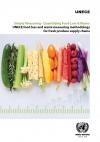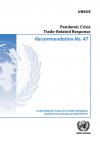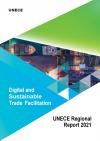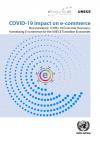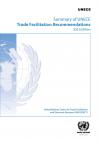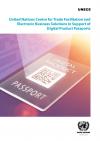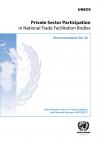Trade
Introduction

The Trade programme, implemented by Economic Cooperation and Trade Division, works to develop closer economic relations among member States, as well as to better integrate their economies into the world economy. The trade programme's inter-governmental bodies make policy recommendations, develop standards for use in trade and assist member States in implementing them. These bodies also suggest ways and means of creating legal and administrative frameworks for fostering trade. Work includes a range of activities to assist member States with: trade facilitation; regulatory and standards policy; commercial agricultural standards; and e-business standards.
ECTD Newsletters
Key areas of work
In focus
Highlights
- WP.6 launched the publication Basics of Quality Infrastructure for Trade during the 33rd Annual Session. This publication, authored by experts in the field, provides the general explanation of the various elements of quality infrastructure for trade and its relation to cross-cutting themes.
- UN/CEFACT has recently published several White Papers, Guidelines and Executive Guides which are available on the website.
- UN/CEFACT has over a dozen active projects ranging from Single Window recommendations to eQuality Certificates and Sustainable tourism to Blockchain. If you are interested in joining our work, please contact us at [email protected]
- WP.6 announced the publication of the “Guidelines on Developing Gender-Responsive Standards” (ECE/TRADE/472) which is available on the publications web page.
- WP.6 has published a brochure on Why Gender-Responsive Standards are Better for Everyone that offers an explanation and rationale of gender-responsive standards for the new comer. It provides a general overview of the intrinsic nature of standards and how these might affect women and men differently.
Upcoming Events
Palais des Nations
Geneva
Switzerland
Palais des Nations
Geneva
Switzerland
Recent Events
UN House, Boulevard de Régent, 37-40, 1000 Brussels, Belgium
Belgium










